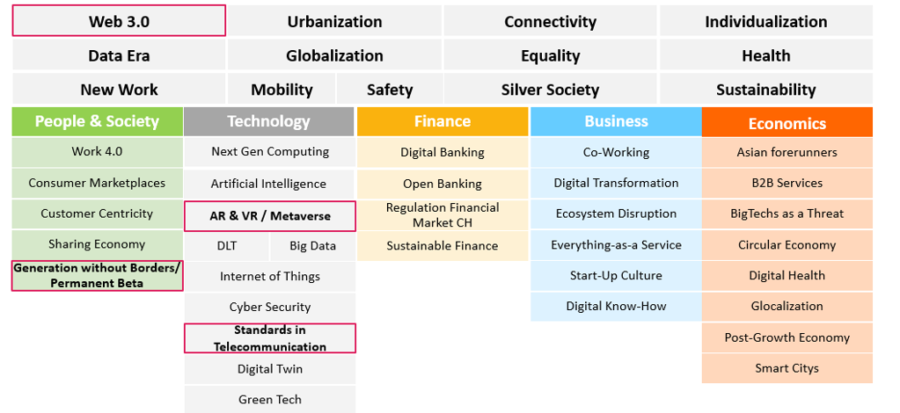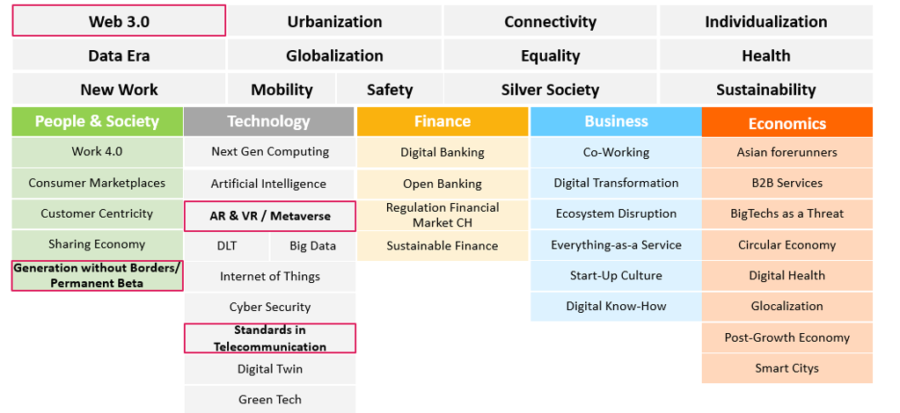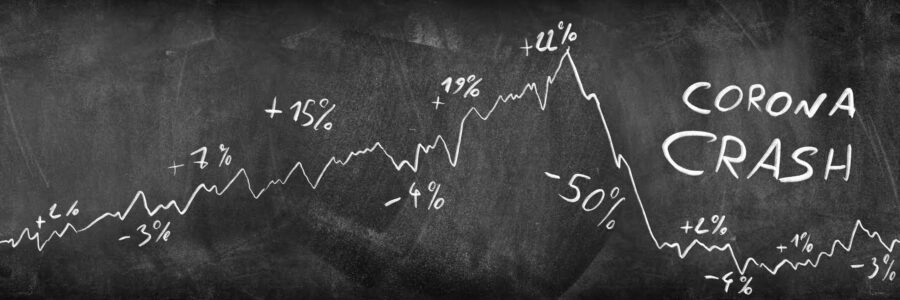
Blog post Governance mechanisms in the context of platforms and business ecosystems
Less than 15% of business ecosystems are successful in the long term – the main reason for failure is weaknesses in the governance model. It is therefore time to question which governance mechanisms are fundamentally available for business ecosystems and whether there are any application examples (successful or failed). The following blog post looks at a possible catalog of incentive and control mechanisms for business ecosystems.
Continue reading »











